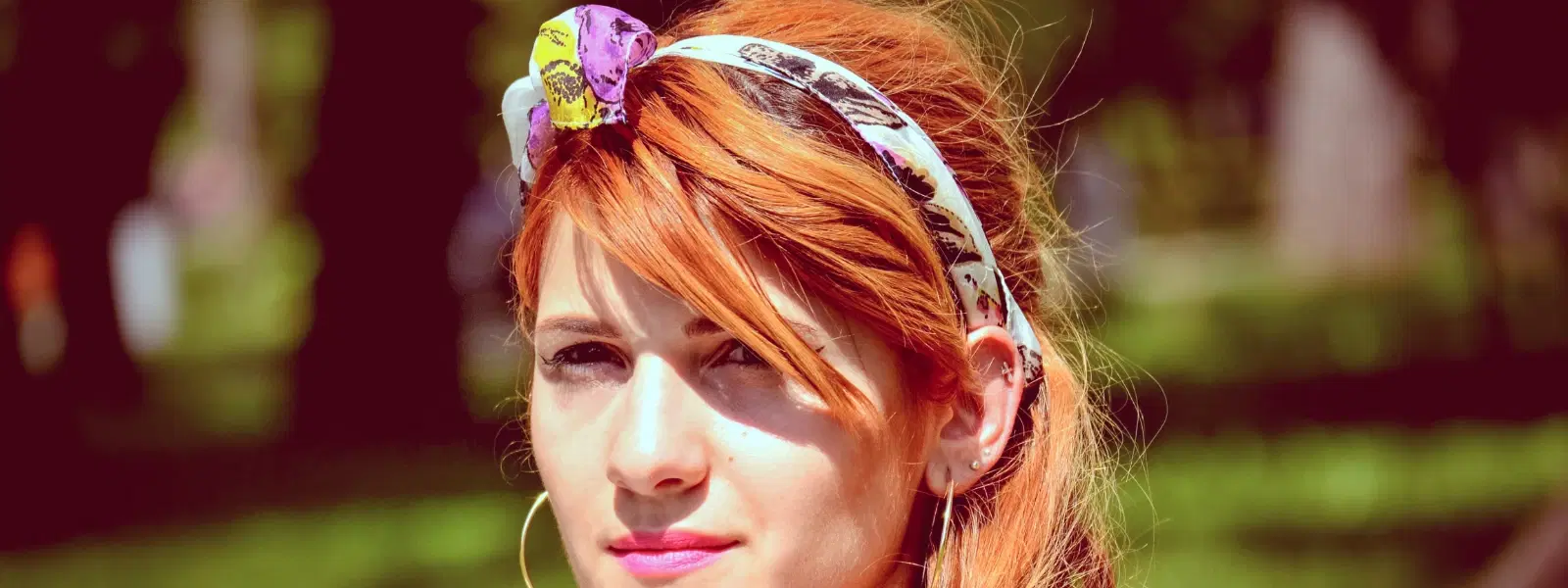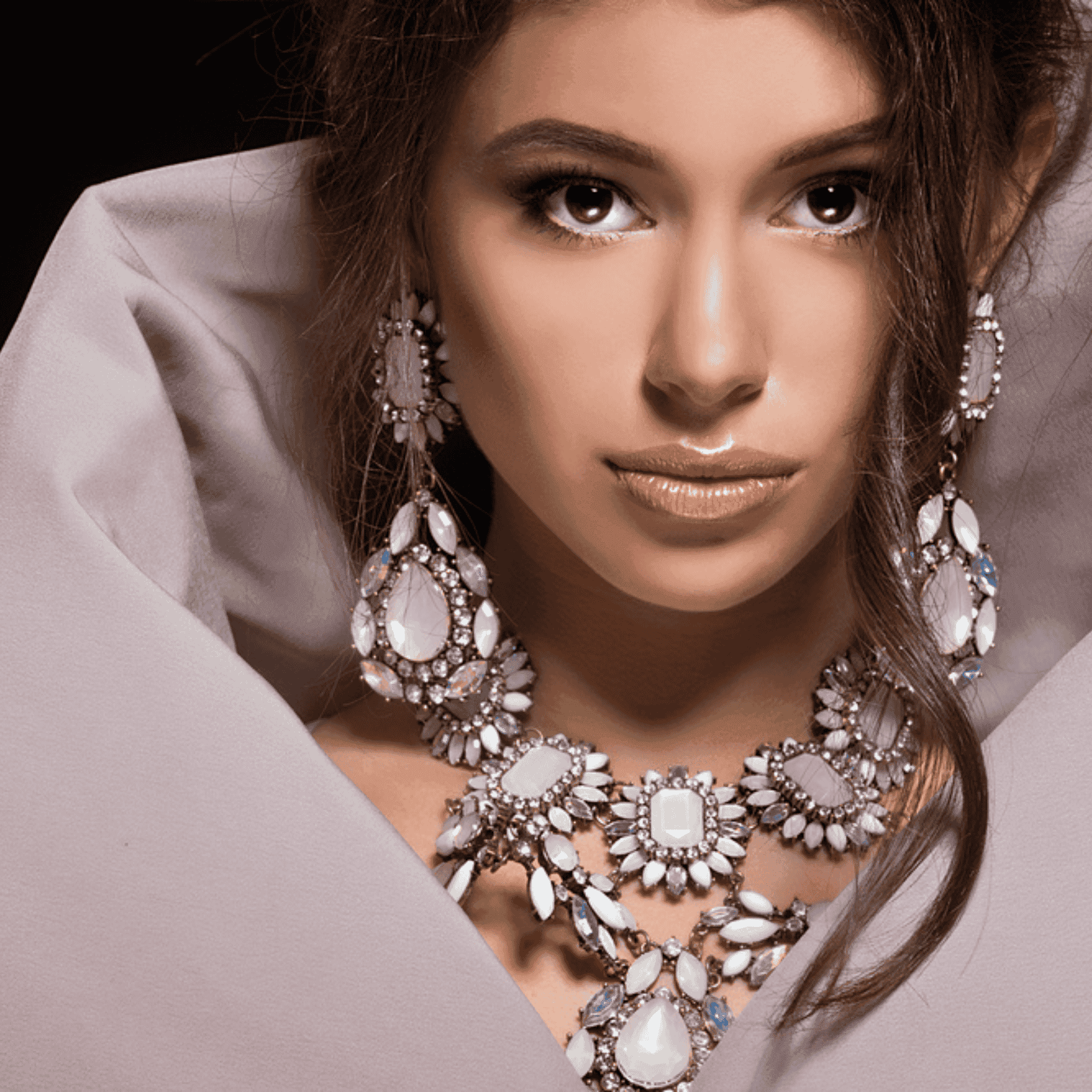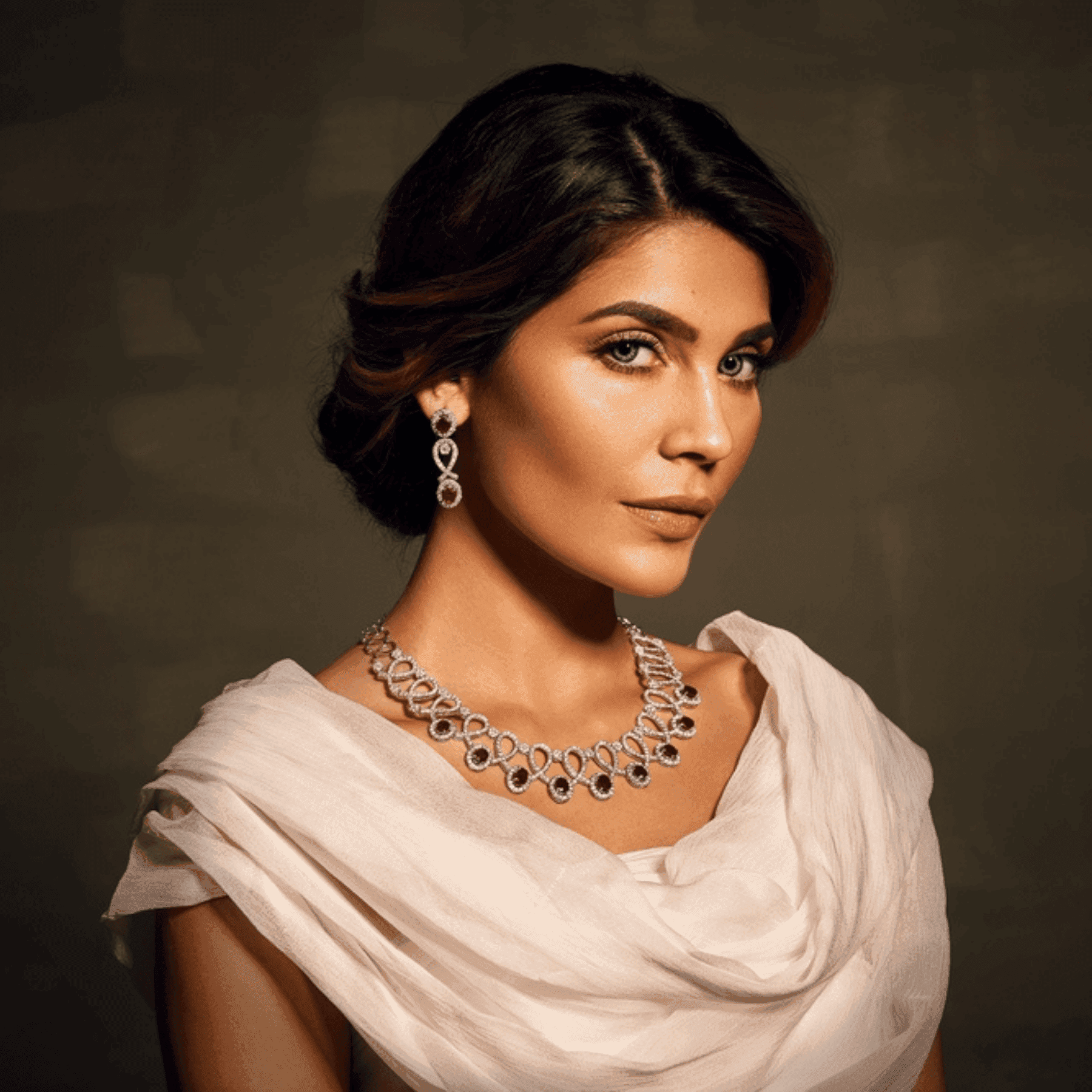
Luxury Edit
•04 min read
-8704a161-e35d-4932-b982-017add6889b1.png&w=3840&q=75)
Hair coloring is a luxurious form of self-expression, yet understanding what goes into your favorite shades is essential. Today, we take a closer look at PPD—paraphenylenediamine—a key ingredient in many permanent hair dyes. In this post, you will learn what PPD is, the potential risks it poses, and how modern luxury hair dye brands are innovating with safer and premium alternatives. By the end, you’ll feel confident in choosing hair color options that reflect both style and well-being.
PPD, or paraphenylenediamine, is a chemical compound frequently used in permanent hair dyes. It helps produce darker, long-lasting colors by effectively bonding to hair fibers. This feature makes it a popular choice when aiming for vibrant hues. Nonetheless, some individuals may experience sensitivities, prompting thoughtful consideration for those with sensitive skin or allergies.
PPD is favored in hair dyes for several reasons. It offers the following benefits:
Creates naturally vibrant and durable shades, especially deep colors.
Functions as an oxidation agent when mixed with hydrogen peroxide, ensuring permanent results.
Enhances the overall performance of hair color products by bonding efficiently with the hair fibers.
Although PPD is approved for cosmetic use in controlled quantities, its potential to cause allergic reactions has raised concerns among style-savvy consumers who seek both beauty and safety.
Exposure to PPD can sometimes result in allergic reactions. Whether you are new to hair coloring or have experimented with many shades, it is important to be aware of these risks. Common symptoms include redness, swelling, and itching on the scalp and surrounding skin. In more severe cases, users might experience blisters or even breathing difficulties. These reactions highlight the need for caution, especially if you have a history of sensitive skin.
While regulated levels of PPD are deemed safe, the compound's allergenic properties have always sparked debates about its suitability, particularly for those with pre-existing sensitivities. Continuous or frequent exposure can potentially lead to increased skin sensitivity, making it crucial to consider alternatives if you have experienced reactions in the past.
Modern luxury hair dye brands are redefining the coloring experience by offering PPD-free alternatives that do not compromise style or performance. These luxury hair coloring products are now formulated with premium hair dye ingredients that ensure long-lasting, vibrant results. With innovations evolving, choosing a PPD-free product is becoming easier, especially for those seeking safe hair color alternatives.

Concerns over chemical exposure have led to the development of a variety of organic and non-toxic hair dye options. Many consumers are now opting for chemical-free hair color that avoids harsh compounds. Some key alternatives include:
Chemical-free hair color: Formulated without harmful additives.
Organic hair dye options: Made with plant-based ingredients to nourish and protect your hair.
Non-toxic hair color: Provides a safer experience for those with sensitive scalp hair dye concerns.
These choices reflect an exciting trend, as luxury hair dye brands continue to merge elegance with responsible beauty practices.
Another popular innovation within the luxury segment is ammonia-free hair color. This alternative reduces the potential for scalp irritation while still delivering high-quality, professional-grade results. By avoiding ammonia and other harmful chemicals, these products align with the growing emphasis on sustainable and safe beauty practices.
Did You Know? PPD-Free Hair Dye Is Revolutionizing the Industry
Many luxury hair coloring products are now incorporating premium hair dye ingredients that exclude PPD. This shift not only protects sensitive scalps but also reflects a broader movement towards sustainable and safe self-expression through vibrant hair colors.
When selecting a luxury hair dye, focus on products that are designed with your hair’s health in mind. Consider these essential features:
PPD-free labeling to confirm the absence of this chemical.
Ingredients that enrich and nourish, such as argan oil, keratin, and botanicals.
Formulations specifically designed for sensitive scalp hair dye, ensuring a gentle and protective experience.
By understanding these factors, you can choose a product that aligns with both your style aspirations and your wellness goals, ensuring a luxurious and safe hair coloring experience.
Discerning consumers now have access to luxury hair dye brands that cater to the modern, style-savvy individual. These products often boast organic, ammonia-free, and non-toxic formulations designed with premium hair dye ingredients. Whether you are exploring safe hair color alternatives or seeking a chemical-free hair color treatment, the refined offerings available today meet the demand for both style and substance.
If you experience a reaction to hair dye, prompt action can help mitigate discomfort. The following steps provide guidance:

Immediately rinse the affected area with water to remove as much dye as possible.
Apply a soothing cream like hydrocortisone to ease irritation and inflammation.
Consider taking antihistamines to reduce itching and swelling.
These tips are practical and help ensure that minor reactions do not escalate, allowing you to embrace your style with confidence.
For minor allergic reactions, simple home remedies like aloe vera gel or a cold compress may provide temporary relief. However, if symptoms persist or worsen, it is important to seek advice from a healthcare professional. Staying informed and prepared helps maintain both your health and your stylish routine.
PPD (paraphenylenediamine) is a chemical compound used in permanent hair dyes to help achieve vibrant and long-lasting results.
While PPD is approved for regulated use, it can cause allergic reactions such as irritation or dermatitis in individuals with sensitivities.
Yes, many PPD-free formulations provide excellent, lasting color results while prioritizing safer hair care for those with sensitive scalps.
Look for products labeled as PPD-free, organic, ammonia-free, or non-toxic, which are increasingly available from luxury hair dye collections.
If you experience a reaction, rinse the area, apply a soothing cream, and use antihistamines; seek professional advice for severe symptoms.
Understanding the role of PPD in hair dye empowers you to make informed choices about your beauty routine. While PPD contributes to vibrant, enduring color, its associated risks underscore the importance of opting for safer alternatives. Luxury hair dye brands are at the forefront, innovating with PPD-free and non-toxic formulas that protect sensitive scalps without sacrificing quality. Embrace your personal style with confidence by choosing safe, premium products that epitomize both luxury and responsible beauty.